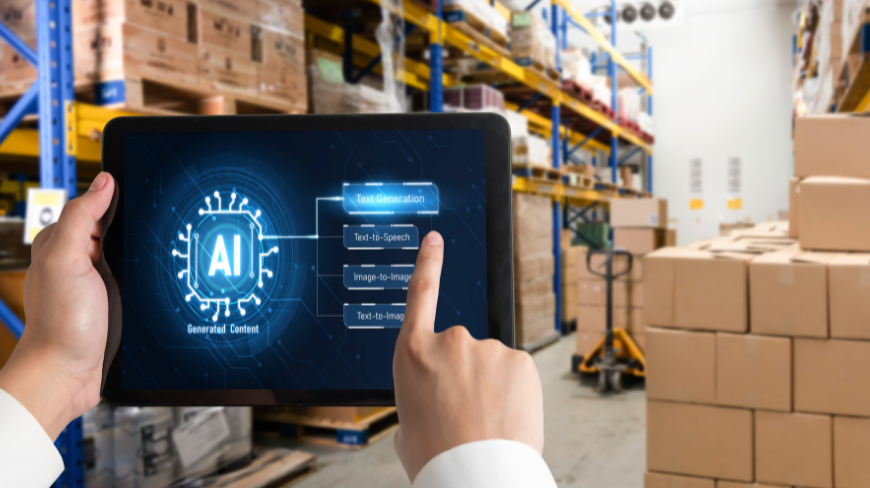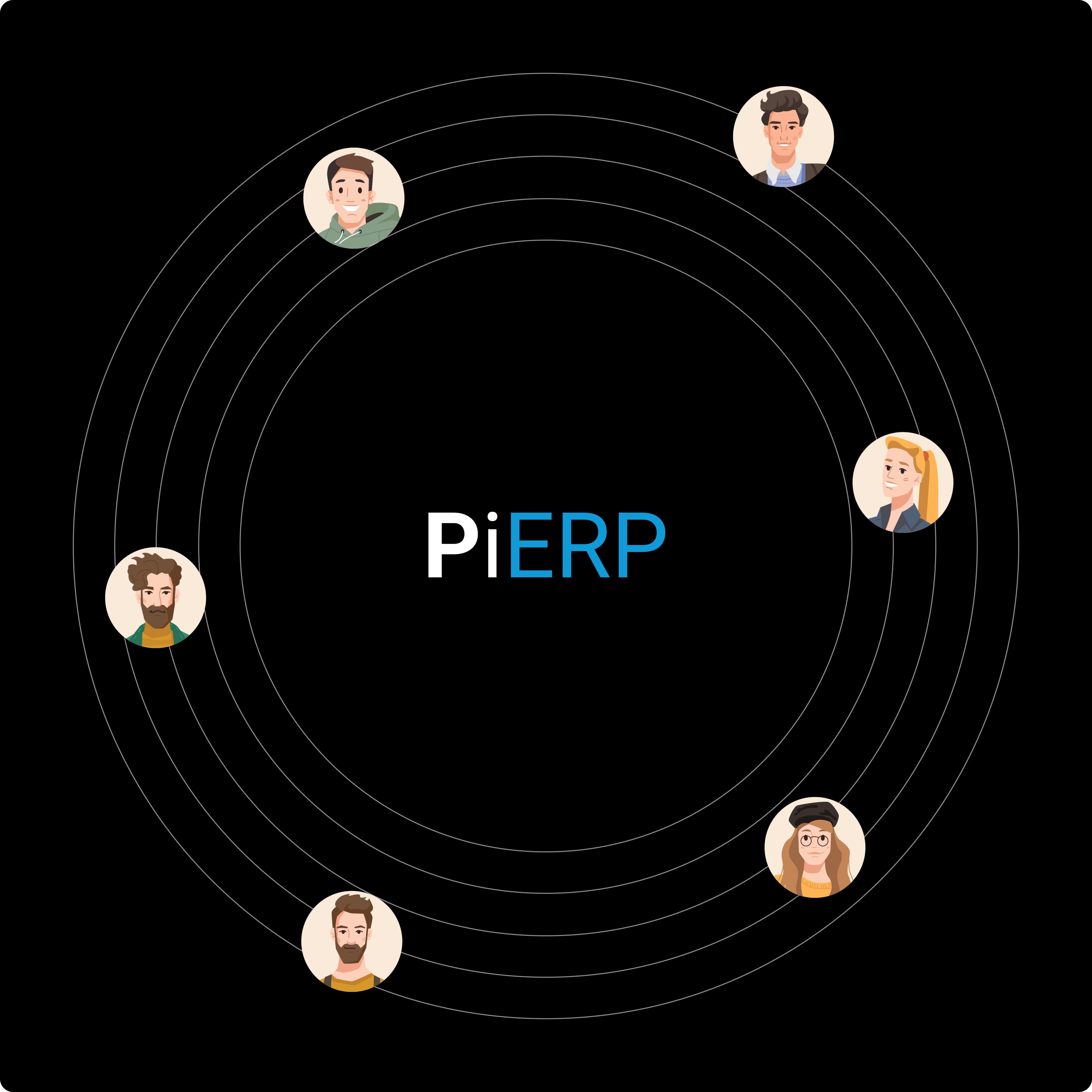In today’s fast-paced global economy, supply chains are becoming increasingly complex, requiring agility, precision, and data-driven decision-making. Traditional ERP systems have long played a crucial role in streamlining operations, but with the integration of Artificial Intelligence (AI), supply chain management has entered a new era of efficiency and innovation.
AI-enabled ERP platforms, like PiERP, are transforming supply chains by making them more predictive, adaptive, and intelligent, ensuring businesses stay ahead in a competitive landscape.
The Role of AI in Supply Chain Optimization
AI-powered ERP systems go beyond basic automation. They leverage machine learning algorithms, real-time analytics, and predictive modeling to optimize every aspect of the supply chain. Here’s how AI is shaping the future:
1. Predictive Demand Forecasting
AI enables ERP systems to analyze historical data, seasonal trends, and market fluctuations to forecast demand with remarkable accuracy. This helps businesses avoid overstocking or understocking, minimizing losses and maximizing revenue.
2. Intelligent Inventory Management
By monitoring inventory in real-time, AI-driven ERP ensures optimal stock levels, reduces wastage, and automates replenishment cycles. With PiERP’s Inventory Management module, businesses can achieve total visibility and control over their stock.
3. Smart Logistics and Route Optimization
AI algorithms suggest the most efficient routes for transportation, reduce delivery times, and cut costs. This not only enhances operational efficiency but also improves customer satisfaction.
4. Supplier and Vendor Management
AI in ERP evaluates supplier performance, pricing, and risk factors, enabling smarter procurement strategies. PiERP’s Vendor Management helps businesses build stronger, data-backed supplier relationships.
5. Risk Management and Resilience
Disruptions like geopolitical issues, pandemics, or raw material shortages can cripple supply chains. AI ERP systems predict risks early and recommend mitigation strategies, ensuring business continuity.
Why PiERP is the Future of AI-Driven Supply Chains
At PiERP, we believe the future of supply chain optimization lies in intelligent ERP systems. Our AI-powered platform integrates seamlessly with supply chain operations, delivering:
- Real-time analytics for smarter decisions
- End-to-end visibility across procurement, production, and distribution
- Automation to minimize manual errors and operational delays
- Scalable solutions tailored for industries of all sizes
By leveraging PiERP’s AI-integrated ERP solutions, businesses can unlock new levels of efficiency, agility, and growth in their supply chains.
Conclusion:
The future of supply chain optimization is intelligent, predictive, and adaptive—all powered by AI within ERP systems. Businesses that embrace this transformation will gain a competitive advantage, reduce costs, and enhance customer satisfaction.
With PiERP’s AI-driven ERP, organizations can confidently navigate the complexities of today’s global supply chain while preparing for the challenges of tomorrow.
Ready to transform your supply chain with AI? Explore PiERP’s ERP solutions today!






